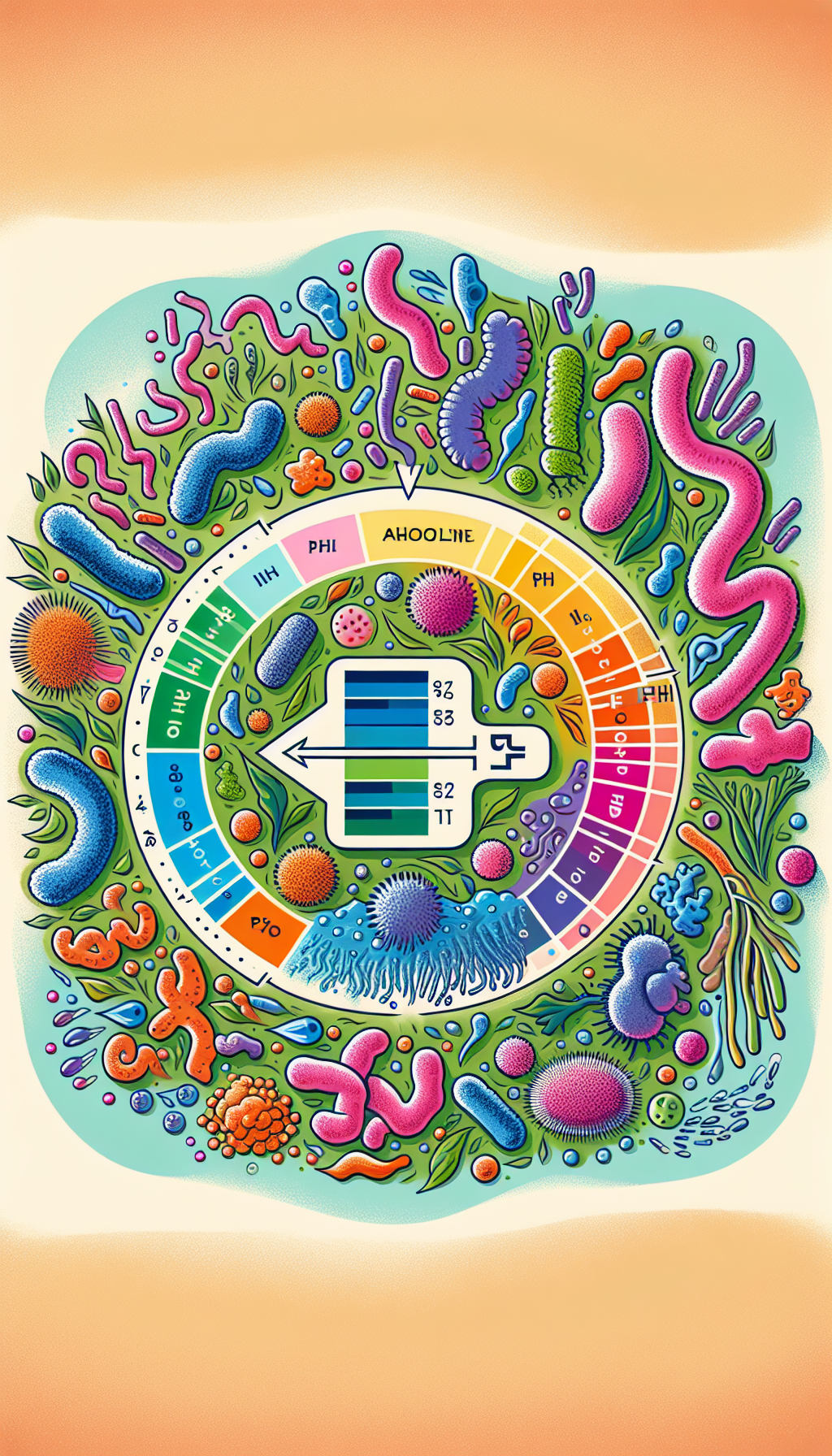In the quest for optimal health, diet is a cornerstone. Among various nutritional strategies, the alkaline diet has emerged as a topic of interest, particularly in the context of promoting gut health. This dietary approach focuses on consuming foods that are believed to affect the pH level of the body, leaning towards alkalinity, which is thought to foster a more balanced internal environment. But what does science say about alkaline diets, and how might they contribute to the wellbeing of our digestive system?
Understanding the Alkaline Diet
An alkaline diet primarily encourages the consumption of fruits, vegetables, nuts, and legumes, while reducing the intake of meat, poultry, fish, dairy, eggs, grains, and alcohol. These dietary choices are based on the premise that certain foods can influence the body’s acid-base balance. Alkaline proponents suggest that a diet high in acidic foods disrupts this balance, leading to poor health outcomes.
However, it’s crucial to understand that the human body maintains a tightly regulated pH level, with different parts of the body having varying pH levels. For instance, the stomach is naturally acidic to aid in digestion, while the blood is slightly alkaline. The body has robust mechanisms to maintain these levels, regardless of dietary influence.
The Role of Diet in Gut Health
The digestive system is a complex network that is sensitive to diet, lifestyle, and various external factors. A diet that supports gut health is rich in fiber, low in processed foods, and includes a variety of nutrients. Here, the alkaline diet’s emphasis on plant-based foods aligns with these principles, as fruits and vegetables are high in dietary fiber and essential nutrients, which are beneficial for digestive health.
For a deeper understanding of how dietary choices affect the gut, the article on Digestive Health provides valuable insights.
Alkaline Diets and the Microbiome
The gut microbiome, a collection of trillions of microbes living in the digestive tract, plays a critical role in digestion, immune function, and overall health. An alkaline diet rich in fruits and vegetables can support a diverse and balanced microbiome. The fiber in these foods serves as a prebiotic, feeding beneficial bacteria and promoting their growth.
Potential Benefits of Alkaline Diets for Gut Health
Enhancing Nutrient Absorption
Alkaline diets, due to their high vegetable and fruit content, provide a wide range of vitamins and minerals, which are essential for maintaining a healthy gut lining and facilitating nutrient absorption. For instance, the abundance of potassium in alkaline-promoting foods can help in maintaining electrolyte balance and digestive function.
Reducing Inflammation
Chronic inflammation in the gut can lead to various health issues. Alkaline diets emphasize anti-inflammatory foods, potentially reducing inflammation in the digestive tract. This can be particularly beneficial for individuals with inflammatory bowel diseases (IBD), such as Crohn’s disease or ulcerative colitis.
Alleviating Acid Reflux
Some individuals find that an alkaline diet can help manage symptoms of acid reflux, a condition where stomach acid flows back into the esophagus. By limiting acidic food intake, the frequency and severity of reflux episodes may decrease.
For those dealing with this condition, the article on Using Diet to Manage Ulcerative Colitis Symptoms offers further dietary strategies.
Considerations and Criticisms
While there are anecdotal reports of improved health with an alkaline diet, scientific evidence is mixed. Critics argue that the body’s natural regulatory systems render the diet’s premise unnecessary. Additionally, the diet’s restrictive nature might lead to nutritional deficiencies if not carefully managed.
External Resources Supporting Alkaline Diets for Gut Health
To further explore the scientific basis behind alkaline diets and their impact on gut health, several niche resources provide in-depth information:
- A study published in the Journal of Environmental and Public Health outlines the potential benefits of an alkaline diet, including the positive effects on muscle mass and bone density, which can indirectly support gut health by promoting overall wellbeing (Alkaline Diet and Muscle Mass).
- The American Journal of Clinical Nutrition features research on the dietary acid load’s impact on metabolism and systemic inflammation, offering insights into how an alkaline-oriented diet may mitigate these issues (Acid Load and Metabolism).
- For an in-depth review of the gut microbiome and its importance in human health, including how diet influences microbial composition, the Human Microbiome Journal provides comprehensive coverage (Gut Microbiome Review).
Practical Tips for Implementing an Alkaline Diet
If you’re considering an alkaline diet to improve your gut health, here are some practical tips to get started:
- Increase Plant-Based Foods: Gradually introduce more fruits and vegetables into your meals, aiming for a variety of colors and types to ensure a range of nutrients.
- Stay Hydrated: Alkaline diets also emphasize the importance of hydration. Opt for alkaline water or simply increase your intake of plain water throughout the day.
- Limit Processed Foods: Reduce the consumption of highly processed foods, which are often high in additives and preservatives that can disrupt gut health.
- Monitor Your Body’s Response: Pay attention to how your body reacts to dietary changes. If you have existing health conditions, consult with a healthcare professional before making significant changes.
Conclusion
While the concept of an alkaline diet is intriguing, it’s essential to approach it with a balanced perspective. The benefits of this diet for gut health may stem more from its high content of plant-based foods rather than its impact on the body’s pH levels. As always, individual responses to dietary changes vary, so it’s important to consult with a healthcare provider to tailor any diet to your specific needs.
For further reading on related topics, explore the links between Gut Health and Hormonal Balance, or understand how Omega-3 Fatty Acids can benefit Digestive Health.



